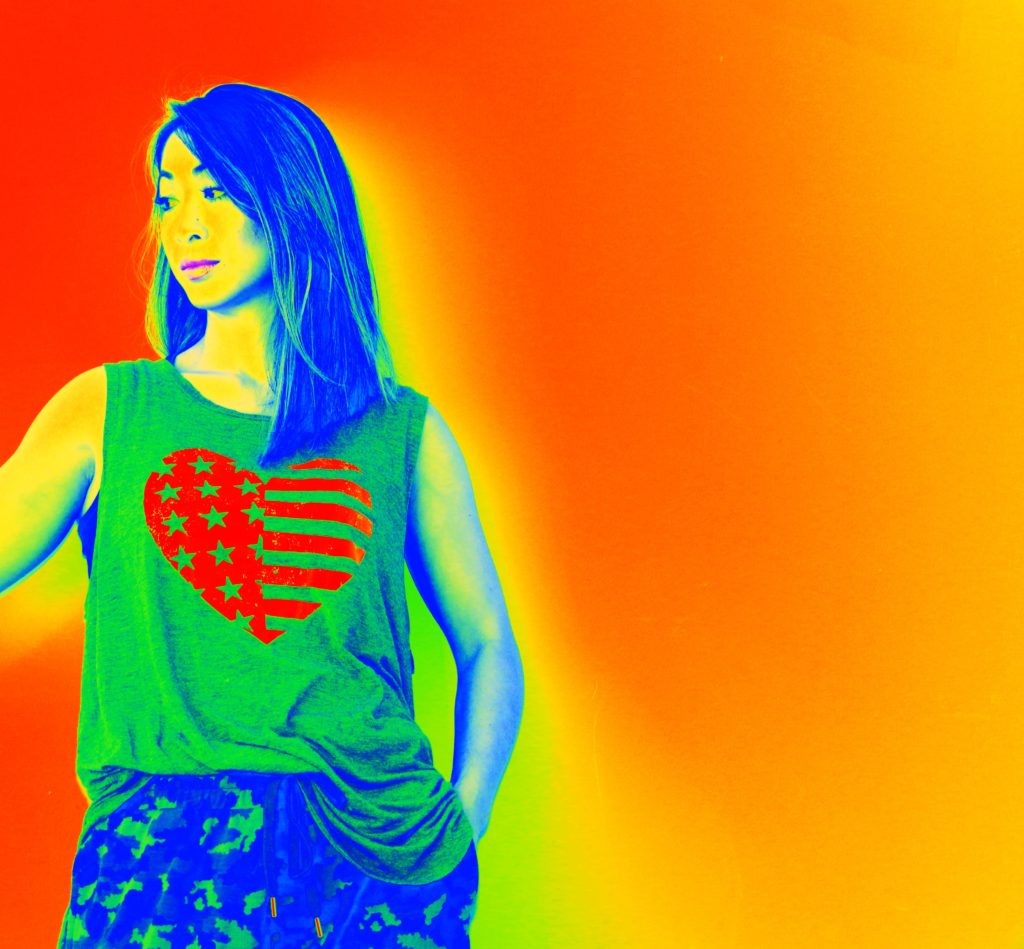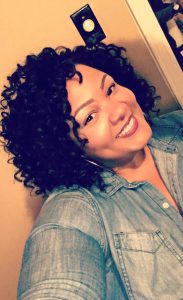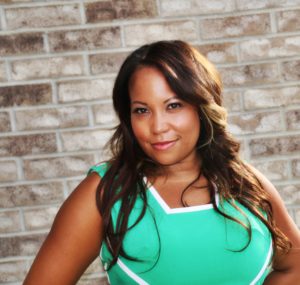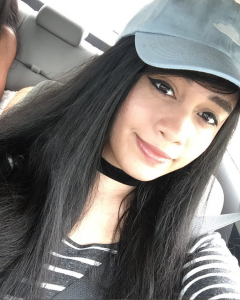
I was a soldier in the US Army from ’97 to ’01. Before 9-11 happened, I deployed to Kosovo and Bosnia as part of UN and NATO forces peace keeping missions. As an intelligence officer in Bosnia, I saw reports from UN investigators responsible for investigating, identifying, and charging those involved in war crimes. They were finding mass graves that held young, military-aged men, killed while blindfolded, and with their hands tied behind their backs.
The US and multinational forces’ role was to keep the peace while a new government was established that represented the diverse ethnic groups.
These efforts helped to bring justice and security to an entire population that had been forcibly displaced, had endured violent ethnic and identity cleansing, genocidal rape, and mass murder by militias and government forces.

The Soldier Becomes A Mom
As a mother, if I were in that situation, I’d want someone to help me protect my children. To not be able to keep your child from such violence is horrific and, thankfully unimaginable for most Americans.
A strong memory I’ve held onto, of something that I felt my military experience gave me and enabled me to be a part of, happened while I was watching the Olympics. I was watching Judo. And saw this young person competing, from the once war-torn country where I had been on mission to provide humanitarian aid.
And I couldn’t help but feel that I had played a small part in making sure it was possible for this young Olympian to live a life beyond basic survival and safety.
That I had been part of building infrastructure that supported this young person’s freedom to act on and pursue personal goals. I think that is what being an American is essentially about. It’s about being able to be who you are, and being a part of helping others to do the same.

How to Progress Our Freedom To Choose
The waters can get muddled with politics and debates involving power and resource distribution.
When you’re younger, you don’t see the nuances of the politics that happen behind the scenes and understand what’s really driving national level policy, and the reality of how ideals are translated into lifestyles.
But, as a veteran and mother, I understand that sometimes our mistakes are what help us grow. And lessons learned in building and sustaining democratic nations involve knowing that individual choices matter and are powerful.
When I chose to sign up for the military, I got a lot out of it, professionally and personally. The experience afforded me opportunities to pursue leadership positions as a civilian, and I am able to model for my daughters a non-traditional career path for women because of that choice.

Societal Pressures and Engendered Expectations
Currently, I am the Chief of Security and Continuity Operations for a federal organization. It was a major career decision that entailed a cross-country move and caused significant separation and disruption to my family’s lifestyle and routine. It felt a little selfish accepting a job that’s amazing for me professionally, but that really caused a lot of upheaval for my family.

However, being a woman, having influence on my kids (both of whom are girls), I hope they see that it’s ok to make a decision for yourself and your own growth, in pursuit of your own goals. I definitely had people inside and outside of my circle question the decision.
I really hesitated to pursue this job opportunity because I felt the pressure to put my family first.
I think women are often judged for decisions like this, and there is a perception that if you choose to do something for yourself, you are being selfish–only thinking about your needs; and your wants. But I think this move, and this career of mine, are choices I made that will have positive effects on my daughters.

One of the most valuable, honorable, and worthiest of lessons that I learned from serving in the military moved far beyond professional advantages.
As a soldier, I helped to protect women and their daughters and saw what was possible when you move from one end of democracy to the other by doing so.
That experience strengthened my character and taught me to push past this fear and perception that being a goal-oriented woman, means being selfish. I learned to be able to feel free. And thankful. And demanding of being able to achieve my goals—within the workplace, social arena, and within my household.

It’s what this country’s ideals can empower people to do.
Reframing a Mother’s Role
I want my two girls to feel free to pursue non-traditional choices, even in the face of adversity, and the extreme social pressures of gender expectations. These are hard decisions to make for girls. Overcoming that hesitation and fear of judgment is a major challenge for a woman, not so much for a man. But, I want my girls to see that they can make a decision like the one I made, even if it’s hard. And to do it especially because it is.
To have confidence that they are capable.
To re-frame this concept of a woman’s personal goals as being selfish choices, but rather as decisions made in the best interest of her family.
And that’s not to say these hard choices don’t entail family sacrifice. Families raised within a patriarchy are so used to making sacrifices for a man’s pursuit of happiness and never for a woman. In a culture of women who are self-sacrificing, the messages I send to my daughters within my personal choices are pivotal.
Mothers and women are conditioned early on to put themselves last. But putting yourself first can progress an entire nation.

I Have Children with Beautiful Brown Skin
I google a lot as a mom of biracial kids. There are admittedly things I do not know. Like, one of my girls asked me what the difference is between a Pacific Islander and Asian. There is nuance there that I can’t explain and I don’t understand about what it means to be Filipino. I couldn’t answer that question, even after I googled it. I had to call on my husband.
 I feel bad that now that we’ve moved and we are apart from my husband during this transition, my girls are missing out on developing that part of their identity. My husband was exposed to traditional Filipino dances and food in his childhood. We don’t have as strong of a cultural presence here.
I feel bad that now that we’ve moved and we are apart from my husband during this transition, my girls are missing out on developing that part of their identity. My husband was exposed to traditional Filipino dances and food in his childhood. We don’t have as strong of a cultural presence here.
We moved to a super white place.
I feel that I need to research and continuously expose them to stories, images and people that they can see themselves and their families in.

I took a ‘Women in Power’ seminar which was premised on exploring an answer to ‘How do you know what you can become?’ Studies looked at students in a math class. When pictures of white men were placed on the walls, girls didn’t perform as well.
When pictures of female mathematicians were on the walls, girls performed better.
Because they were surrounded and exposed to images of what they could be and they saw themselves in those images. For my girls, exposing them to people that look like them and that are in non-traditional roles and professions can activate their capacities. Without role models, without women pioneers, we wouldn’t know—wouldn’t see ourselves in those roles.
I don’t want it to be so hard for my girls to see that they are capable to pursue positions of leadership.
And if they want to do something they’ve never seen, I want them to have the courage to be pioneers and, GO FOR IT! No one should limit themselves.
 Be curious.
Be curious.
Ask questions.
Don’t allow someone to tell you no.
Not gender. Not race. Nor political ideology or religious creed. Integrity is the hallmark of a soldier; and in the same, integrity is the hallmark of a nation’s character to act in service of the greater good.
We can do and be so much more. And better.
Interviewed 2.16.18








What do you think?